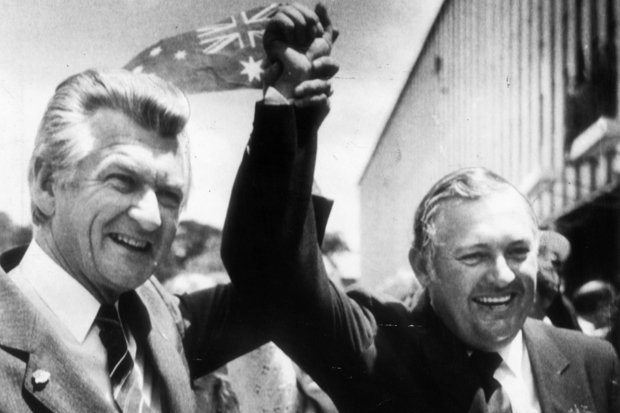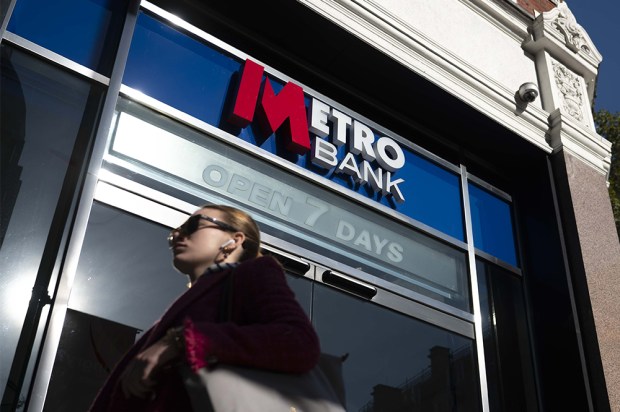The tectonic plates of economic life rumble and shift. As ever, market watchers are obsessed by big themes — and the demand for predictions about them even though so many past predictions have turned out wrong. Right now, we’re gripped by the endgame for Greece, the timing of the first US rate rise, the future of energy prices given Opec’s decision to maintain output above demand, the slowing of Chinese industrial growth, and the unresolved destiny of the global debt bubble.
Already a subscriber? Log in
Subscribe for just $2 a week
Try a month of The Spectator Australia absolutely free and without commitment. Not only that but – if you choose to continue – you’ll pay just $2 a week for your first year.
- Unlimited access to spectator.com.au and app
- The weekly edition on the Spectator Australia app
- Spectator podcasts and newsletters
- Full access to spectator.co.uk
Unlock this article
You might disagree with half of it, but you’ll enjoy reading all of it. Try your first month for free, then just $2 a week for the remainder of your first year.















Comments
Don't miss out
Join the conversation with other Spectator Australia readers. Subscribe to leave a comment.
SUBSCRIBEAlready a subscriber? Log in